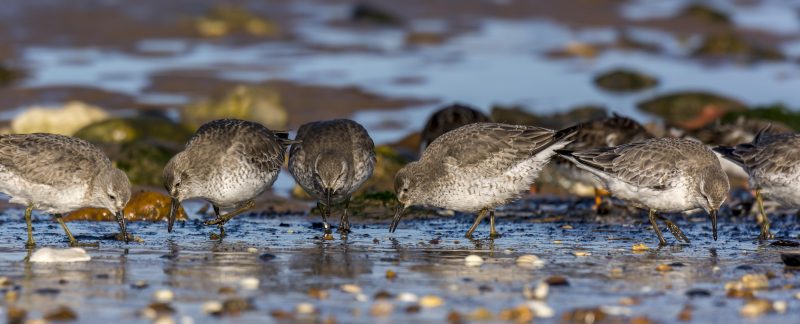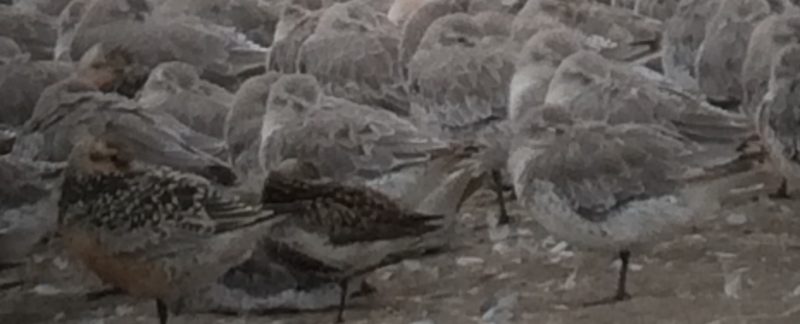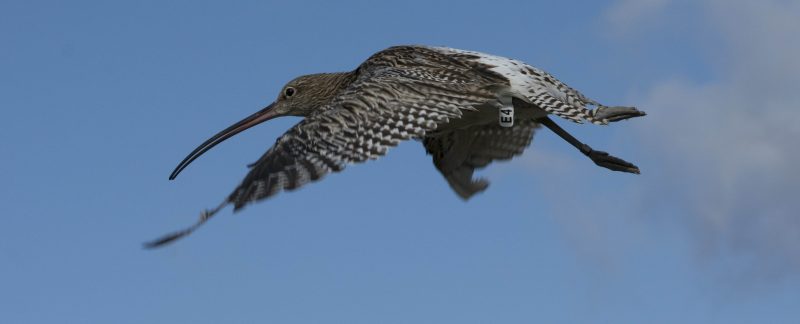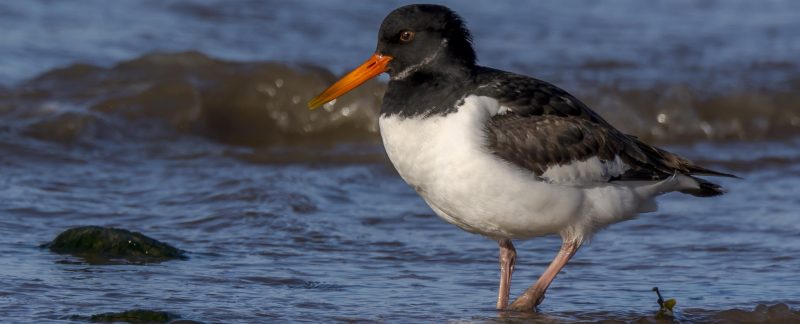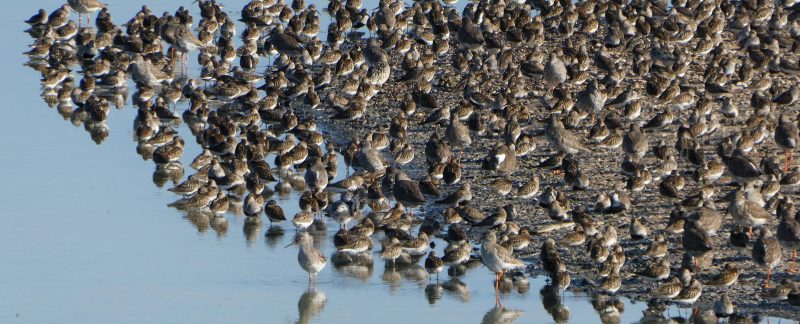The Wash Wader Ringing Group recently received a recovery report from the BTO of a WWRG-ringed Knot caught in Guinea-Bissau: the first recovery of one of our Knot in that country. This fascinating recovery prompted a more-detailed look both at the circumstances of this bird’s capture and the historical records of Wash recoveries from western and southern Africa.
Continue Reading →